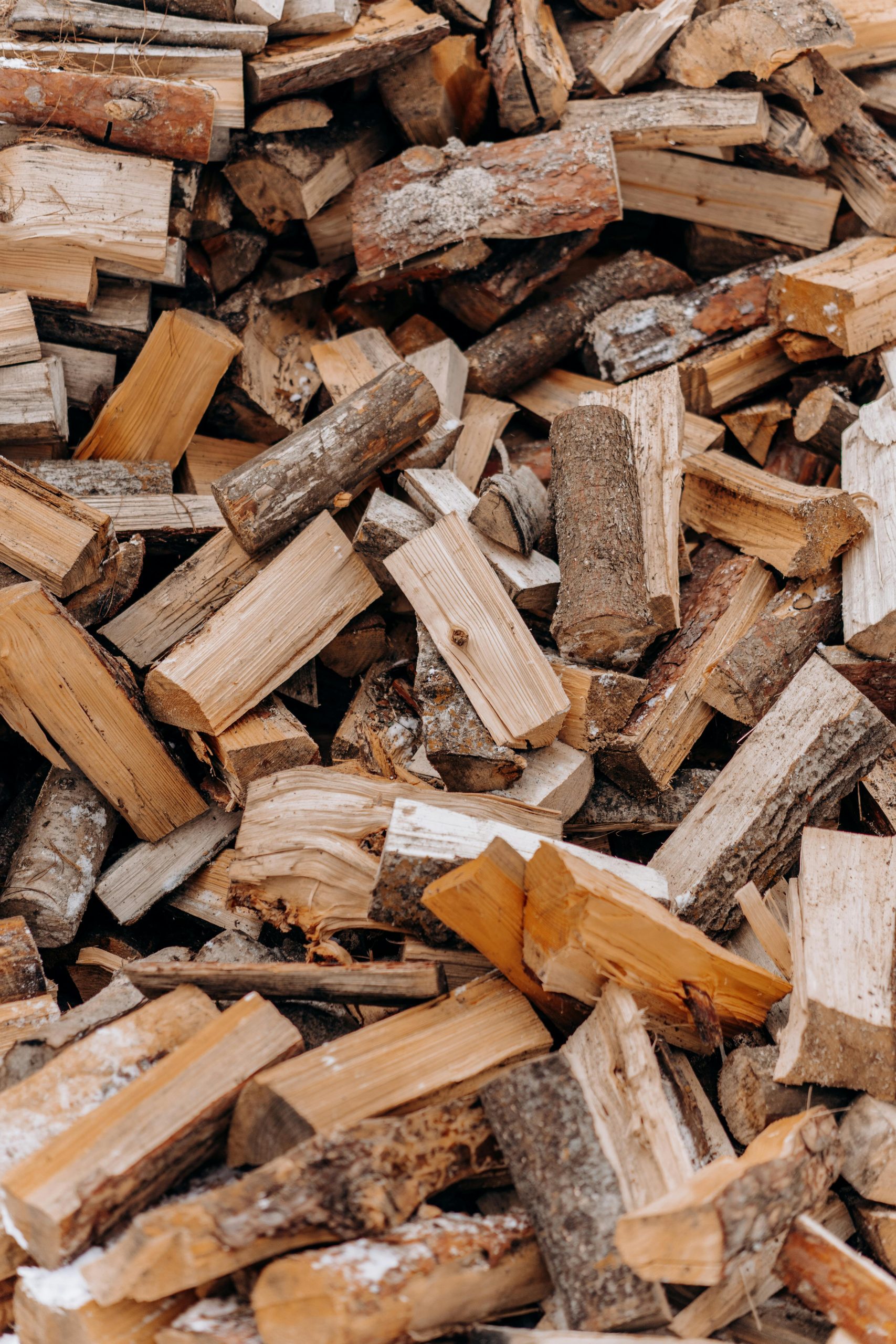In today’s world, where energy efficiency and sustainability are more important than ever, charcoal and biomass wood pellets have emerged as powerful alternatives to traditional fuels. As consumers and industries seek greener energy options, Charcoal continues to dominate the conversation for its versatility, reliability, and eco-friendliness.
At Biomass Wood Pellets, we are passionate about educating and supplying solutions that not only benefit our customers but also the planet. In this article, we’ll dive deep into the world of biomass wood pellets, with a special focus on the timeless importance.
What Are Biomass Wood Pellets?
Biomass wood pellets are small, cylindrical pieces made from compressed organic matter, typically wood waste like sawdust, shavings, and chips. Their high density and low moisture content make them an efficient and clean-burning source of renewable energy.
Yet when it comes to versatility and tradition, stands out as a preferred choice for cooking, heating, and industrial processes alike.
Both biomass wood pellets and contribute significantly to reducing carbon emissions compared to fossil fuels, making them essential components of the sustainable energy revolution.
Why Charcoal Still Reigns Supreme
Despite the growing popularity of modern biomass fuels, remains irreplaceable in many sectors. Here’s why:
1. High Energy Density
It offers a higher energy output per pound compared to wood pellets. Its slow-burning properties make it ideal for grilling, blacksmithing, and even in traditional industries that require steady, high heat.
2. Minimal Smoke and Residue
Well-made fuel produces very little smoke and ash, providing a cleaner experience, whether you are barbecuing in your backyard or using it for large-scale production.
3. Ease of Use and Storage
It is lightweight, compact, and easy to store for long periods without deteriorating in quality, unlike some biomass products that require specific moisture conditions.
4. Eco-Friendly Production
Sustainable production methods ensure minimal environmental impact. When sourced responsibly, becomes a renewable and carbon-neutral energy source.
The Relationship Between Biomass Wood Pellets and Charcoal
While they are distinct in form and use, biomass wood pellets and other biomass-based fuels share the same roots: renewable biomass. Modern techniques even allow wood pellets to be transformed into high-quality products, blending the benefits of both worlds.
Industries today are increasingly adopting hybrid solutions—using biomass pellets for everyday heating and for specialized applications that demand higher temperatures and longer burn times.
At Biomass Wood Pellets, we are committed to offering diverse options that cater to different energy needs, ensuring maximum efficiency and sustainability.
Benefits of Choosing Charcoal from Biomass Sources
Selecting products made from responsibly managed biomass offers multiple advantages:
Lower Carbon Footprint: Sustainable fuels can be carbon-neutral when biomass regrows and absorbs the CO₂ released during burning.
Support for Local Economies: Biomass sourcing often supports rural and local communities, creating jobs and promoting regional development.
Energy Independence: Using renewable biomass fuels reduces dependence on imported fossil fuels, strengthening local energy security.
How to Select High-Quality Charcoal
Not all charcoal is created equal. Here’s what to look for:
- Purity: Choose charcoal with no additives, fillers, or chemical binders.
- Consistency: Uniform pieces mean more predictable burn times and temperatures.
- Sustainability Certification: Always opt for that is certified by environmental bodies like FSC (Forest Stewardship Council).
At Biomass Wood Pellets, we supply only the finest grade charcoal, guaranteeing performance, sustainability, and peace of mind.
Practical Applications of Charcoal
Charcoal has a wide range of uses beyond what most people realize:
- Cooking and Grilling: The most popular use worldwide, thanks to its superior heat and flavor-enhancing capabilities.
- Industrial Heating: Essential in industries like metallurgy, pottery, and brickmaking.
- Filtration Systems: Activated is a powerful agent in air and water purification.
- Agriculture: Biochar, a form of , is used to enhance soil fertility and carbon sequestration.
This versatility underlines why charcoal remains an indispensable material across multiple sectors.
Frequently Asked Questions (FAQ)
1. Is charcoal environmentally friendly?
Yes, when sourced and produced sustainably, it can be an environmentally friendly alternative to fossil fuels. Look for products that are FSC-certified or derived from managed biomass.
2. Can I use charcoal instead of wood pellets for heating?
While charcoal offers higher heat output, wood pellets are often more cost-effective for general heating. However, in situations requiring intense and prolonged heat, it is superior.
3. How is charcoal different from biomass wood pellets?
Charcoal is a carbon-rich product made by slow-burning wood or biomass without oxygen, while biomass wood pellets are compressed sawdust or organic material burned directly. It burns hotter and cleaner with less moisture.
Conclusion: Why Charcoal is Your Best Renewable Fuel Choice
In a world driven by sustainable innovation, both biomass wood pellets and play vital roles. However, charcoal offers unparalleled advantages in heat output, versatility, and eco-friendliness.
At Biomass Wood Pellets, we are proud to offer premium-quality solutions tailored to meet the growing demand for sustainable energy.
Ready to make the switch to a greener future? Choose from trusted suppliers like us and experience the true power of renewable energy. Explore our homepage now to stay ahead in the digital world.
